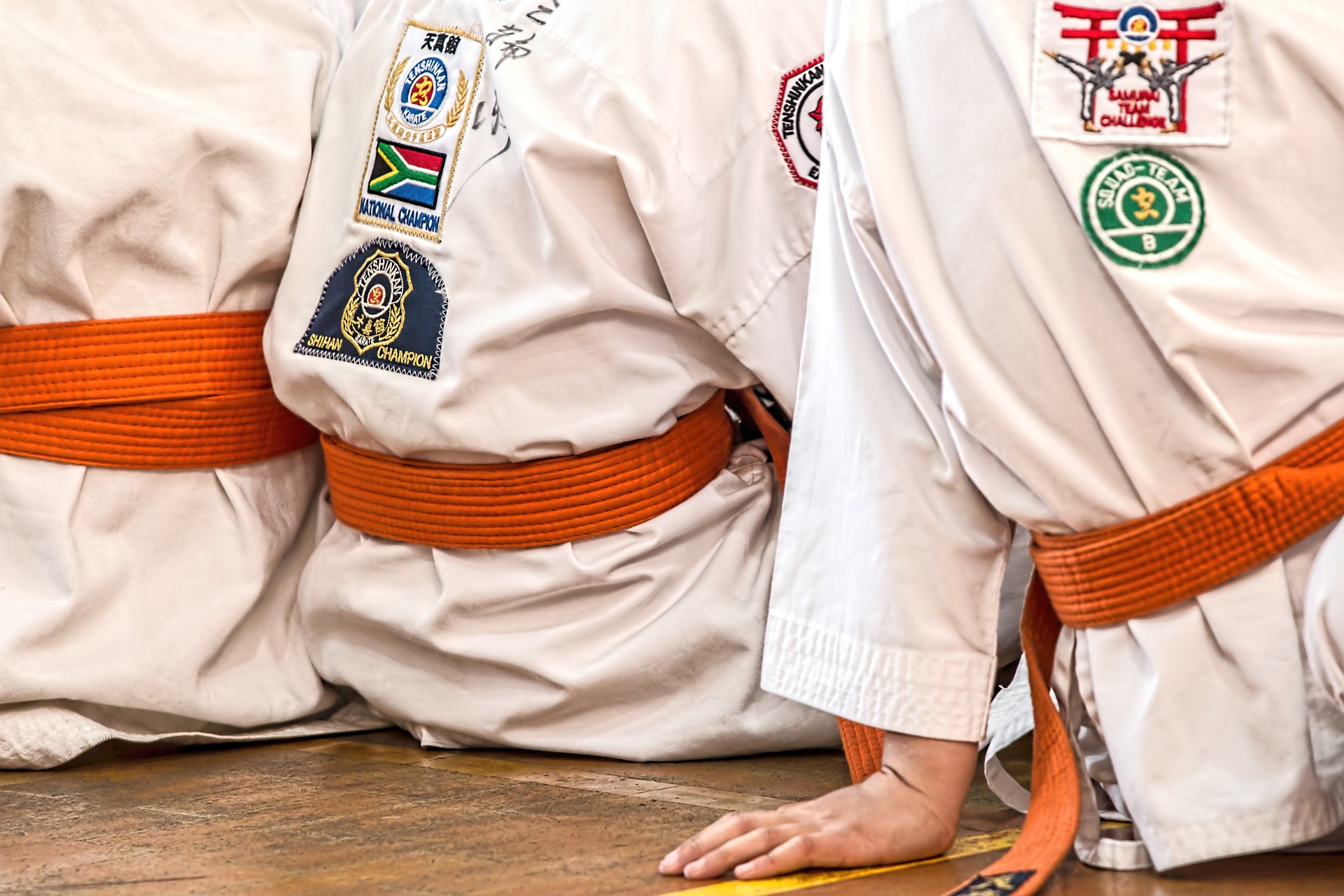The question of weight cutting in kids is a sensitive issue. My point of view about it is pretty clear: weight cutting is something that should be avoided as much as possible, especially at a young age. Kids should eat healthily and consume enough energy for their growth and if a child can’t stay in one weight category with a healthy diet – it’s time to move up the weight. Because children and adolescents are growing, changing the weight category is inevitable.
I share this point of view in the lectures I give in judo clubs and at this point, there’s always some protest. There are always parents and coaches who say: “I can’t let a kid go to the next weight category because of 200g they have over the limit”, and they have a point. After speaking with these parents, I’ve learned that many of them make some well-intended nutrition mistakes, and by avoiding them they can help their kids lose some weight without letting them actually cut weight.
Here are the most common mistakes parents make:
Serving soup the days before the competition: Soup is low in calories and often used as a method to fill the stomach in diets. The problem with soup is that there is usually a lot of salt in it. Not necessarily because people use too much kitchen salt, but mainly because there is a lot of salt hidden in bouillon and spice mixes. Salt retains water. Soup is good for weight loss in the long run, but after it is consumed it will retain water and increase body weight. For the same reason avoid very salty foods altogether.
Serving salad before the competition: Vegetables are healthy and every child should eat them. Just don’t exaggerate with the amounts of vegetables you give a child to eat the day before the competition. If there’s a need to tip the scale a little bit, it’s better to cook the vegetables or for once skip them.
Put the main focus on the weight: Every parent and coaches want their kids to succeed. Unfortunately a lot of the time, they think it’s going to be easier in a lighter weight category.
While there might be some truth in it, it sends the wrong message to the children. Don’t create a connection between weight and success, instead, try focusing on boosting his self-confidence. You might get a whole lot further with it and not just in sports.
Having breakfast before weigh-in: While breakfast is an important meal of the day nothing is going to happen if a young athlete eats breakfast a bit later, especially when the weigh-in is in the morning. Take with you something that is easy to digest like some bread with jam or honey to eat after the weigh-in. Greasy foods like croissants are best avoided.
Checking the kid’s weight too late: Always check the weight of a child a few days in advance. If you see that the weight is very close to the limit you can adjust the meals content to influence the weight gently.
Read more:
- Book: “Making weight & Everything Else” chapter “Nutrition for young athletes.”
- Blog post: Cutting weight at young age
- 5 Veel gemaakte fouten met jonge atleten on vechtsportinfo.nl
- Aftrainen: wat kan en wat kan niet in JudoContact

